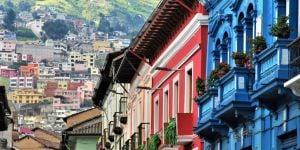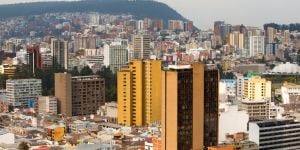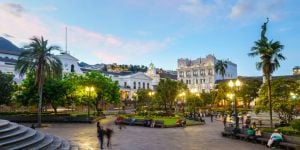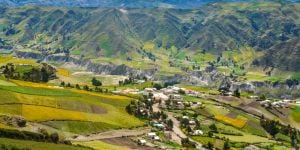"Ecuador's 115 VAC to 220 VAC Conversion"
Subscribe to the topic
Post new topic
Articles to help you in your expat project in Quito
 Work in Quito
Work in Quito‘I quit! Quito here I come!’ How tempting it might be to say those words to your boss and answer the ...
 Accommodation in Quito
Accommodation in QuitoThe capital of Ecuador beckons to you, understandably so: with contrasts between old and new creating a culture of ...
 Healthcare in Ecuador
Healthcare in EcuadorEcuador, as a fast-developing nation, has laws that are constantly evolving, but one thing is certain: the ongoing ...
 The Working Holiday Visa for Ecuador
The Working Holiday Visa for EcuadorEcuador is truly a paradise for adventure and nature lovers, and thanks to the Working Holiday Visa program, they ...
 Food in Ecuador
Food in EcuadorWhat kind of food will you find in restaurants, cafes, and private homes in Ecuador? Many restaurants in Ecuador ...
 Opening a bank account in Ecuador
Opening a bank account in EcuadorA few years back, an expat would just breeze into an Ecuadorian bank, flash their passport and a bank account ...
 Work in Ecuador
Work in EcuadorEcuador is famous as a retirement haven. But you might not want to wait until retirement age to move there and ...
 Family and children in Ecuador
Family and children in EcuadorFamily is everything to an Ecuadorian. The extended family unit is the most important aspect of life in Ecuador, ...



